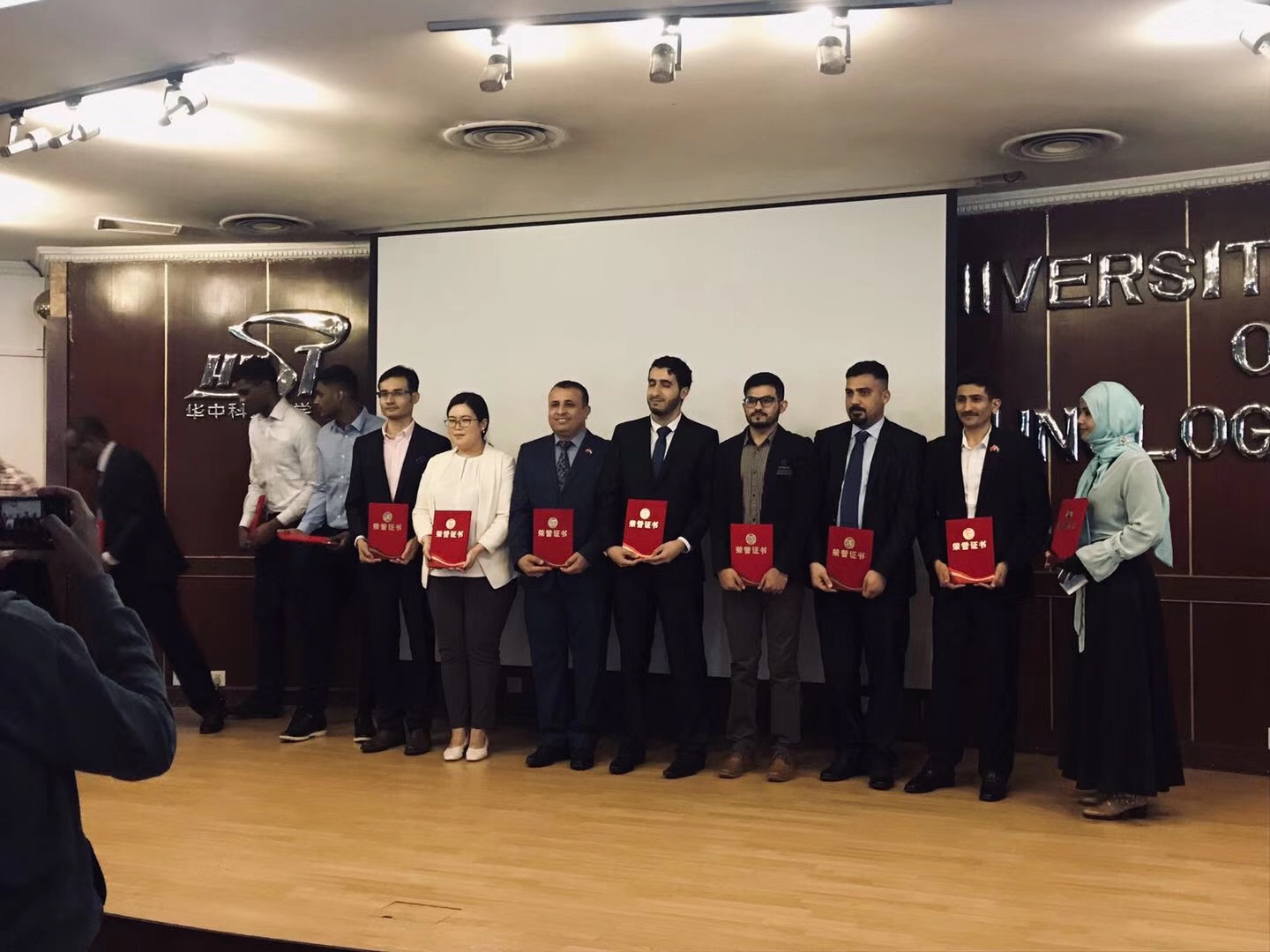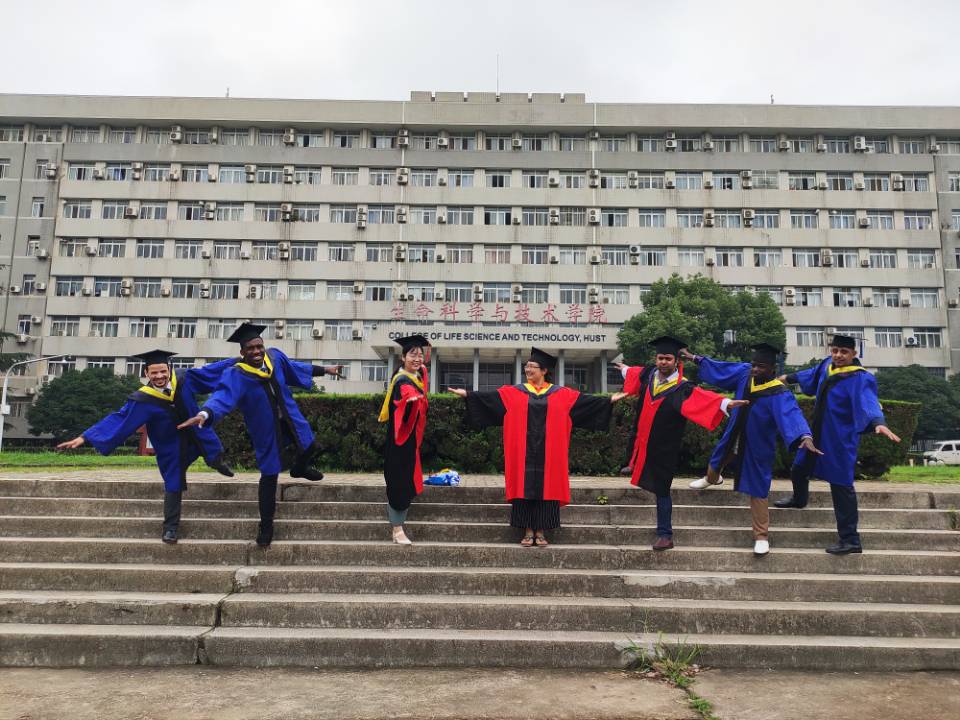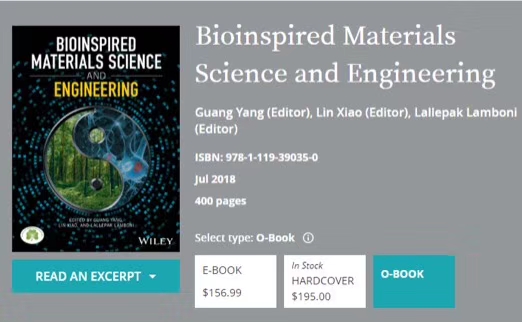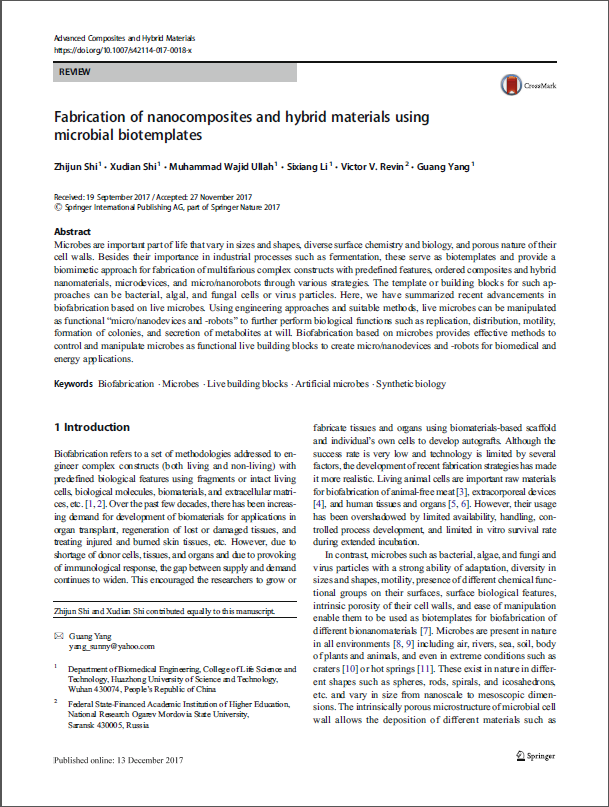Professor Jin Fan from University of Science and Technology of China visited Life College and gave an academic report titled "Old Problems and New Methods in Bacterial Biofilm Research"
Abstract: Under natural conditions, bacteria can independently float on the surface, adhere to the surface, self-organize and coexist. The biofilm formed by a large number of microorganisms adhering to the surface is called biofilm, and its thickness is usually 100 - Between 200 μm. Medical research shows that biofilm infection can cause many diseases such as pneumonia, urethritis, kidney stones, otitis media and periodontitis, and the resistance to antibiotics is greatly increased, which makes it extremely difficult to treat such infections. Statistics show that biofilm infections and many chronic and refractory chronic infections are associated with about 80% of acute nosocomial fatal infections. Contamination of biofilms on implantable medical devices (such as artificial organs, artificial joints, bone scaffolds, etc.) or surgical instruments can also cause serious postoperative infections, leading to failure of surgery and transplantation. Here, I will describe how to explore a series of core issues involved in the formation of Pseudomonas aeruginosa biofilm by developing new in situ characterization methods, including: 1) initial adhesion of bacteria to the surface , Movement process; 2) bacterial surface adaptation, colony formation; and 3) bacterial colony collaboration, communication and other processes. Our research shows that the introduction of new methods based on interdisciplinary research can greatly enrich the existing research methods and help us to understand the complex biological system of bacterial biofilm.
Professor Jin Fan graduated from Department of Applied Chemistry, University of Science and Technology of China in July 2002. He graduated from the Department of Polymer Physics and Chemistry, Chinese University of Hong Kong in 2007 with a Ph.D. June 2007 - January 2009 Department of Chemistry, The Chinese University of Hong Kong, postdoctoral. January 2009 - November 2009 University of Illinois at Urbana-Champaign Materials, postdoc. November 2009 - August 2011 Department of Bioengineering, University of California, Los Angeles, postdoc. August 2011-Present Hefei Bio-X Research Department of National Laboratory for Physical Sciences at the Microscale Department of Polymer Science and Technology, University of Science and Technology of China Department of Chemistry, Key Laboratory of Soft Matter Chemistry, Chinese Academy of Sciences, Professor.
Professor Jinfan Current research: 1. Polyelectrolyte, colloidal particles in the oil-water interface arrangement and assembly 2. Antibacterial peptides and phospholipid bimolecular interaction 3. Live cell images and live cells in the micro-operation 4. Biological macromolecules , Characterization of Supramolecular Assemblies and Their Applications in Pharmaceutical Vector and Gene Transfection 5. Bacterial Colonies, Microbiology Sociology Bacterial Trajectories Polypeptides and DNA Supercoiled Assemblies Bacterial Behavior Network Biological Clocks were studied in Nature, Nature Communication, Science, NPJ Biofilms Microbiomes, Proc. Natl. Acad. Sci and many other top journals have published many papers that have made outstanding contributions in revealing the signal transduction, exercise behaviors and social behaviors of microbial biofilms.






